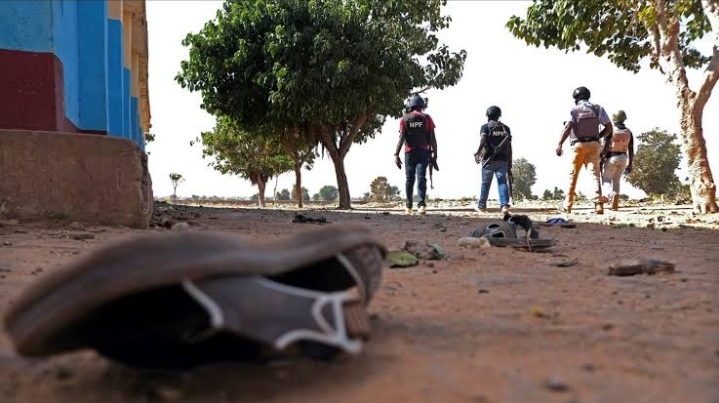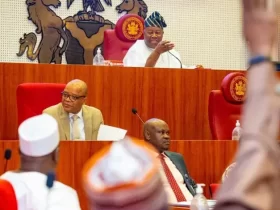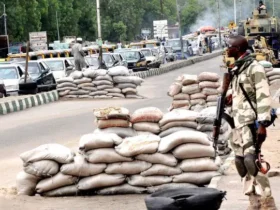
A retired school principal who volunteered to deliver ransom to kidnappers in order to secure the release of a victim has also been held by the kidnappers in Birnin Gwari local government area of Kaduna state. He has been in captivity for three days now, and the abductors have made calls to his family demanding his ransom.
This was revealed by Senator Shehu Sani, who represents Kaduna Central in the National Assembly, in a tweet on Tuesday.
This is the latest in a series of kidnappings that have plagued Nigeria in recent times, especially in the northern states.
According to a report by SBM Intelligence, a research consultancy group, over 3,000 people were kidnapped in Nigeria in the first half of 2021 alone. The report also stated that N10 billion ($19.96 million as of June 30) was demanded as ransom for the kidnap victims.
One of the most shocking cases of kidnapping occurred recently in Abuja, the nation’s capital, where six sisters and their father were abducted by gunmen on January 9, 2024.
The gunmen later released their father, asking him to go get N60 million as ransom for the release of his daughters before Friday, January 12. However, not enough money was raised by the deadline, and the kidnappers killed one of the sisters, Nabeeha Al-Kadriyar, a 400-level student of biological science at Ahmadu Bello University, Zaria. They also increased their ransom demand to N100 million for the remaining five sisters.
The kidnapping and killing of Nabeeha sparked outrage among Nigerians on social media, who demanded that the security agencies intensify efforts to rescue the remaining victims and bring the perpetrators to justice. Some also accused the government of being complicit in the insecurity, or at least not doing enough to address it.
Kidnapping has become a lucrative criminal enterprise in Nigeria, as the kidnappers often extort huge sums of money from their victims or their families. Some of the victims are also killed, raped, or tortured by their captors.
The kidnappers target people from all walks of life, including students, teachers, farmers, traders, travellers, religious leaders, traditional rulers, politicians, and security personnel.
The government has repeatedly assured Nigerians that it is doing everything possible to secure the lives and property of the citizens, and that it will not negotiate with terrorists or bandits. However, many Nigerians are losing faith in the government’s ability or willingness to protect them from the menace of kidnapping and other forms of insecurity.








Leave a Reply